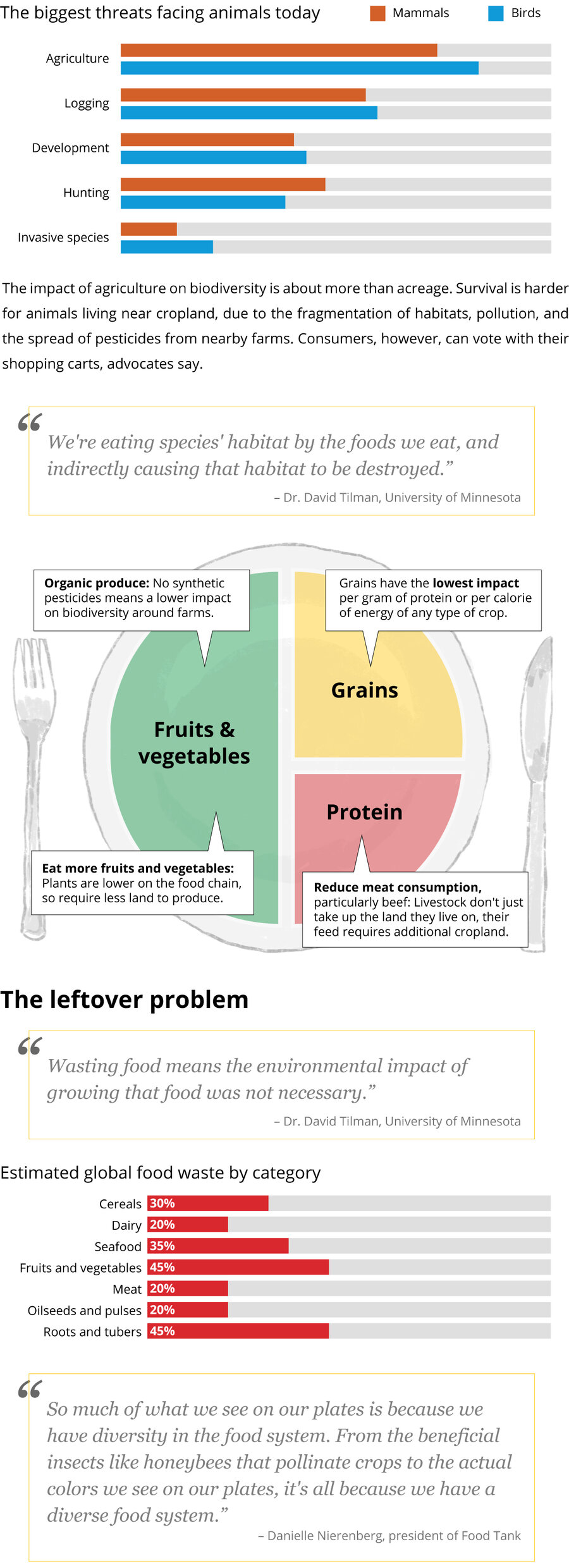Even as the global press and public wrestled with the implications of President Trump’s withdrawal from a widely embraced climate accord, a handful of cities and states vowed to adhere to its terms. As Peter Grier explains, that could be more than symbolic.
Monitor Daily Podcast
- Follow us:
- Apple Podcasts
- Spotify
- RSS Feed
- Download
 Clayton Collins
Clayton Collins
Some weeks you need a calculator with your news.
New job numbers came out Friday. They’re up (though not as much as expected) and unemployment is down (to 4.3 percent, its lowest rate since 2001). That could open the way for the Federal Reserve to raise interest rates when it meets June 13.
On Thursday the US Census put out a major report on inequality. A black/white gap in personal wealth, which had widened in the recession, narrowed from 2011 to 2013. And net worth grew for those in the middle-income range (though not as nearly as much as in the top fifth).
Who’s up, who’s down? Anecdotes can be richer than indicators. On Wednesday, The Wall Street Journal looked at gender equality at large firms. Women remain vastly outnumbered in corner-office jobs. But last year, 21 women chief executives got a median compensation package of $13.8 million, compared with $11.6 million for the 382 men in that position.
The little guy may have made out this week, too: The US Supreme Court just ruled in favor of a small aftermarket player in the printer-toner business in its long battle with a cartridge-maker who’d sued it for selling cheap refills. That promises to help companies that resell or repair other companies’ products – and to give consumers greater choice.
Taken together, that looks like a tapestry of progress. Now, here are five stories for your Friday.









